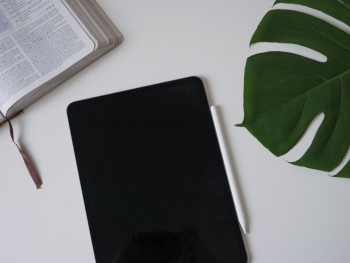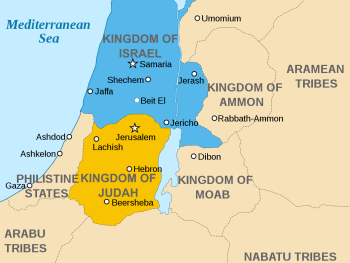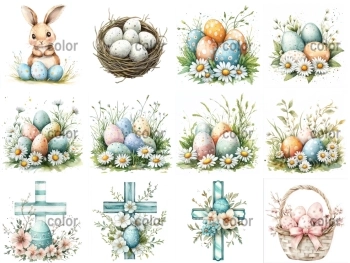The integration of medicinal mushrooms into various religious practices around the world is a fascinating testament to their revered status across cultures. These natural remedies, known for their health-enhancing properties, have been used for centuries, transcending geographical and spiritual boundaries. This article explores how different religions harness the power of medicinal mushrooms, highlighting their applications and the contemporary resurgence of interest in these ancient natural remedies.
In traditional Chinese medicine, a system deeply intertwined with Taoist philosophy, medicinal mushrooms like Reishi (Ganoderma lucidum) and Cordyceps are particularly esteemed. Reishi, often referred to as the "mushroom of immortality," is believed to support the body's qi or vital energy, promoting longevity and enhancing spiritual receptivity. The use of these mushrooms goes beyond mere physical health, touching on aspects of spiritual well-being and balance, key tenets of Taoist thought.
Similarly, in Tibetan Buddhism, medicinal mushrooms are integrated into holistic healing practices. The Tibetan medical system, which incorporates Buddhist philosophy, employs these fungi for both their physical and spiritual healing properties. Cordyceps, for example, found in the high Himalayan regions, is used to improve meditation practices by increasing energy and reducing fatigue, thereby facilitating deeper spiritual experiences.
The practice of using sacred mushrooms also extends to indigenous traditions, such as those of the Mazatec people in Mexico. For the Mazatecs, psilocybin mushrooms, known for their psychoactive properties, are sacred tools for spiritual ceremonies. These mushrooms are believed to enable communication with the divine, providing insights and healing. The ceremonial use of these mushrooms underscores a profound respect for the natural world and its capacity to connect humans to higher spiritual realms.
In contemporary religious movements, the interest in microdosing, or taking sub-perceptual doses of psychoactive mushrooms, is growing. This practice, often associated with improving mental health and enhancing creativity, is finding its way into modern spiritual practices. While not tied to any one religion, the principle behind microdosing reflects a broader spiritual quest for understanding, balance, and connection in an increasingly disconnected world.
For those interested in incorporating medicinal mushrooms into their wellness or spiritual practices, the market offers a variety of forms, including powder, capsules, and dried caps. These products make it easier for individuals to integrate the benefits of mushrooms into their daily routines, whether for health, spiritual exploration, or both. To buy medicinal mushrooms, one reputable source is www.omshroom.eu, offering a wide range of products tailored to different needs and preferences.
The global tapestry of religious practices involving medicinal mushrooms is rich and varied. From the Taoist temples of China to the sacred ceremonies of the Mazatec, these natural remedies occupy a sacred space in the human quest for health, well-being, and spiritual insight. The modern resurgence in the popularity of mushrooms, whether through dietary supplements or microdosing, signals a collective yearning for connection—to nature, to the divine, and to the deeper aspects of the self.
As the world becomes increasingly interested in holistic and natural remedies, the role of medicinal mushrooms in religious and spiritual practices is likely to grow. Their ability to heal, enlighten, and connect us across cultures and beliefs is a powerful reminder of the shared human pursuit of well-being and spiritual fulfillment.
medicinal mushrooms




















